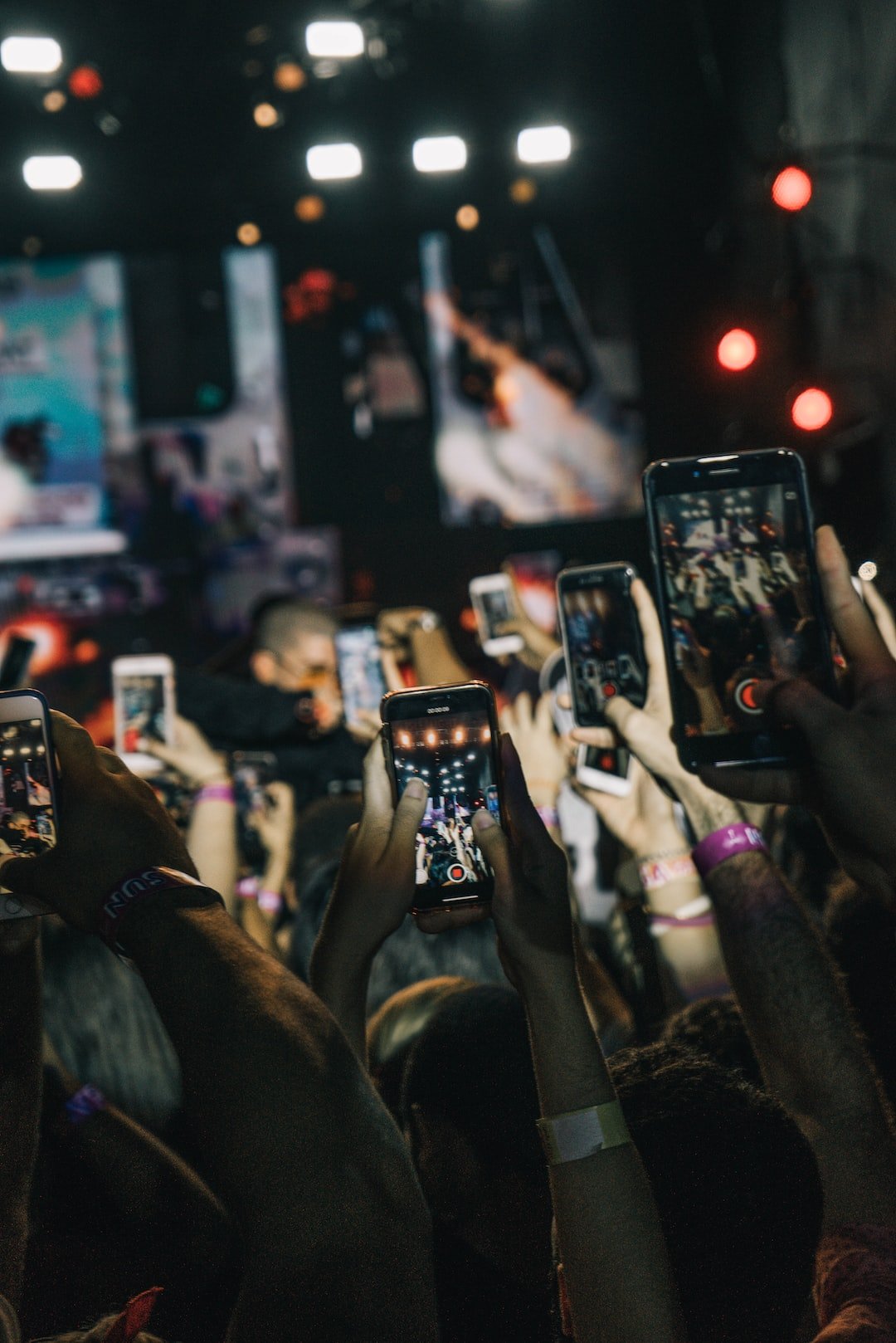The world of technology is constantly advancing, and it seems like every day there is a new innovation or invention that has the potential to reshape our society. One area that has seen significant growth and development in recent years is social media. Platforms such as Facebook, Instagram, and Twitter have revolutionized the way we communicate, share information, and connect with others. But what does the future hold for social media? And how will virtual reality play a role in these developments?
Virtual reality (VR) has become a hot topic in recent years. This immersive technology allows users to experience a completely different reality through the use of a headset and motion sensors. With VR, you can visit far-off places, interact with virtual objects, and even communicate with others in a virtual environment. It has the potential to transform not only gaming and entertainment but also various other industries, including social media.
Imagine a world where you can visit your favorite social media platform in virtual reality. Instead of scrolling through a news feed, you can physically walk through a virtual space and interact with others in a more lifelike manner. You could attend virtual events and conferences, go on virtual dates, or even explore virtual art galleries. The possibilities are endless.
In fact, some social media platforms have already begun experimenting with VR. Facebook, for example, acquired the VR company Oculus in 2014 and has since been exploring ways to integrate VR into its platform. They have launched a social VR app called Spaces, where users can create a personalized avatar and interact with their friends in a virtual environment. Although still in the early stages, this is just a glimpse of what is to come.
One of the main advantages of VR in social media is the potential for a more immersive and authentic experience. Instead of interacting with pixels on a screen, users can feel like they are actually present in a virtual world. They can see and hear others as if they were in the same room, making communication and connection more meaningful. This could be particularly beneficial for long-distance relationships or for people who have difficulty expressing themselves in traditional social settings.
However, there are also potential drawbacks and concerns when it comes to the future of social media and VR. Privacy and security, for example, will become even more important in a virtual environment. There is also the risk of addiction and escapism, as people may prefer to spend more time in a virtual world rather than engaging in real-life interactions. It is crucial that we address these issues and find ways to ensure a responsible and ethical use of VR in social media.
The future of social media and virtual reality is exciting and full of possibilities. As technology continues to advance, we can expect to see more integration between social media platforms and VR. The way we connect with others and experience the world around us will undoubtedly change in the years to come. It is up to us to embrace these changes and harness the power of technology for the betterment of society.
In conclusion, the future of social media and virtual reality is promising. VR has the potential to revolutionize the way we interact with social media platforms, offering a more immersive and authentic experience. While there are concerns and challenges to address, such as privacy and addiction, the benefits of integrating VR into social media are vast. It is an exciting time for technology enthusiasts and users alike, as we explore the endless possibilities of this ever-evolving digital landscape.

